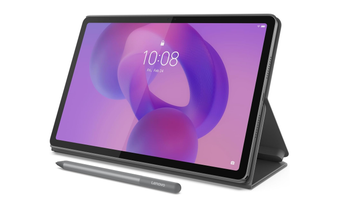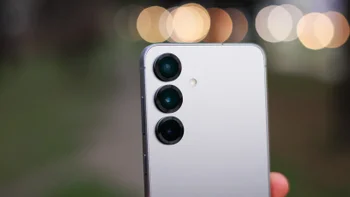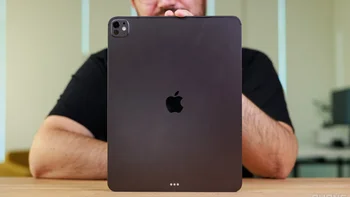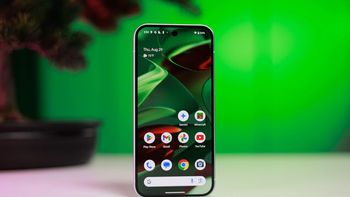Why is the new Verizon privacy policy scary?

Get ready for the so-called "privacy advocates" to go crazy, because Verizon has added language into its privacy policy which will allow the carrier to gather your mobile browsing history. We've already told you about the new language, and that you can opt out if you'd like. But, we also wanted to add some perspective on the story, because, this is nothing really new. Companies like Facebook, Google, and many ISPs do similar things already, and at least Verizon is being open about what it plans to do and how it plans to use your data, and it is giving you the option to opt-out if you want. There are consequences for both you and Verizon in this deal, and there is more to consider than one would expect.
The changes to the privacy policy say that the two new ways that Verizon will be using your browsing history and habits. But, it should be noted that the company already had this data already, just like any ISP has records of your browsing history. The change here is in how Verizon will be using it that data. Unlike before, Verizon can now use it in making "certain business and marketing reports and making mobile ads you see more relevant." So, the real issue here is that Verizon will be using your personal data to sell more targeted ads.
Verizon is also claiming that it is not using personally identifiable data. This is an important distinction to make that many don't often consider when considering issues of privacy. There is a big difference between personal data (ie. your account visits ESPN a lot, so maybe you're a target for sporting goods marketing), and personally identifiable data (ie. you, Bob Boberson from Bobstown, search for Viagra a lot.) The difference is in value for both carriers and users. Certainly, it would be more valuable to use your personally identifiable data. The real question is whether the data that you would be providing is really something that needs to be protected. We know from checking our Google Web History (which keeps the same data, but also gives you full access), that there isn't a lot of really "private" information in there. There seems to be fairly little real harm possible from getting more targeted ads. So, is this really where to draw the line?
We also need to consider the potential harm for Verizon if it were caught misusing the data it collects, or collecting more than it claimed. Were Verizon to do that, it would completely lose the trust of its customers, and therefore likely many millions of dollars. Of course, we have to trust Verizon at its word that it really isn't gathering personally identifiable data, but being open about this usage, as Verizon is, is far better for business, because of the potential damage to Verizon. Plus, at the end of the day, it's just more targeted ads. Verizon and other carriers want to make up for the continuing drop in SMS revenue, so this seems like a good way to do that, which won't directly effect the cost of our mobile service.
As we covered a while back with the Do-Not-Track bill (which we must say is a good read that didn't get many hits when we first posted it), ads are how our beloved Internet stays free, and targeted ads bring in more money. So, the more info you're willing to share, the longer this system can last. These companies are businesses and need to make money in order to keep giving us the products and content that we love. The real question isn't how we feel about the changes to Verizon's policy, but in what we think about it, because it seems more like a dollars and cents argument rather than a privacy one. In addition, there could be value in more targeted ads. We all buy things, and we all need to buy things. We may be reminded of something we need to grab from the store, but more likely the ad may contain some sort of discount.
All that said, if you really hate the idea of Verizon openly telling you that it will be collecting and using your data, you can opt-out of these new ways to use your data. Maybe those new ways are going too far, only you can determine the value of your data, but that's something that requires more thought than the simple knee-jerk that we're all guilty of over issues of privacy. Some companies are opaque and confusing about how they use your data and exactly what kinds of data they collect on your, so that criticism is likely warranted. But here, Verizon is being open about what the deal is. If it breaks that deal, there are consequences. But also, there are consequences if we opt-out, and the more we know about the trade-offs, the better equipped we are to decide if that trade-off is worth it or not.
Follow us on Google News













Things that are NOT allowed:
To help keep our community safe and free from spam, we apply temporary limits to newly created accounts: